Aberdeen residents might be forced to navigate slippery pavements this winter amid warnings gritters could be in high demand.
The city awoke to inches of snow this morning, with showers expected throughout the day.
Historically, an early morning grit used to be enough to keep Aberdeen roads clear for the day.
But with climate change having a huge impact on the weather, council chiefs now warn gritters are often forced to treat the same routes multiple times.
Because of this, crews are diverted away from lower priority areas, leaving them untreated.
The problem is being compounded by rocketing costs on extra salt, fuel and labour.
And this winter is expected to be no different.
Budget allows ‘basic maintenance’
Citizens wary of being unable to cross treacherous pavements and roads have been warned that only a “basic level of winter maintenance” will be provided.
While this has been the standard for years, heavier rainfall, milder temperatures and more frequent blizzards in recent cold snaps have had significant impact.
Council chiefs expect to spend nearly £1.6 million on making roads and pavements passable this winter again, clinging on to the hope it will be a “mild one”.
The winter maintenance programme has cost the local authority £5.46m in the last three years – as storms Arwen, Malik and Corrie caused havoc.
And some extra cash will be put aside this year too for such weather emergencies.
It comes as city accountants predict £43.5m will need to be cut from day-to-day spending in next year’s budget to manage the books.
What roads will be treated?
A report put before councillors states it is not feasible to salt every road, pavement, and cycleway around the city at the same time so they are being prioritised.
Main roads – such as Union Street, North Anderson Drive, King Street and Wellington Road – will be given top priority and gritted regularly every day.
What about pavements?
As always, council gritters will focus on pavements in the city centre and shopping areas, with secondary pavements taking the back seat.
Steep paths will also be prioritised during the morning gritting sweep.
Once the main footways are treated, workers will move on to lower priority footways and cycleways in residential areas, depending on resources available.
Where can I access salt from?
There are more than 900 salt bins throughout the city, along with 20 large community bins located at supermarkets and car parks.
Officials say they will not be introducing new locations – despite a high demand among residents – as this would worsen an already existing restocking problem.
Instead, they are encouraging people to make better use of the community grit bins and the one-tonne bag scheme to treat local roads themselves.
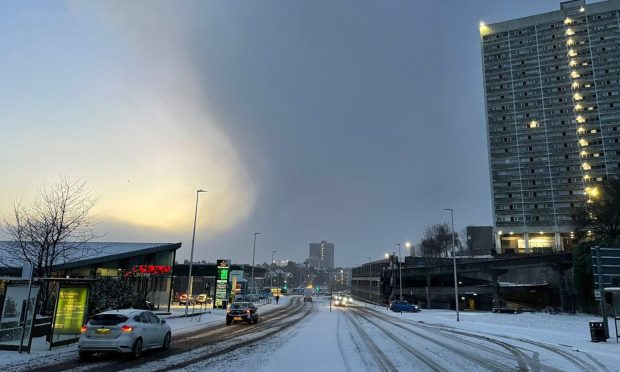
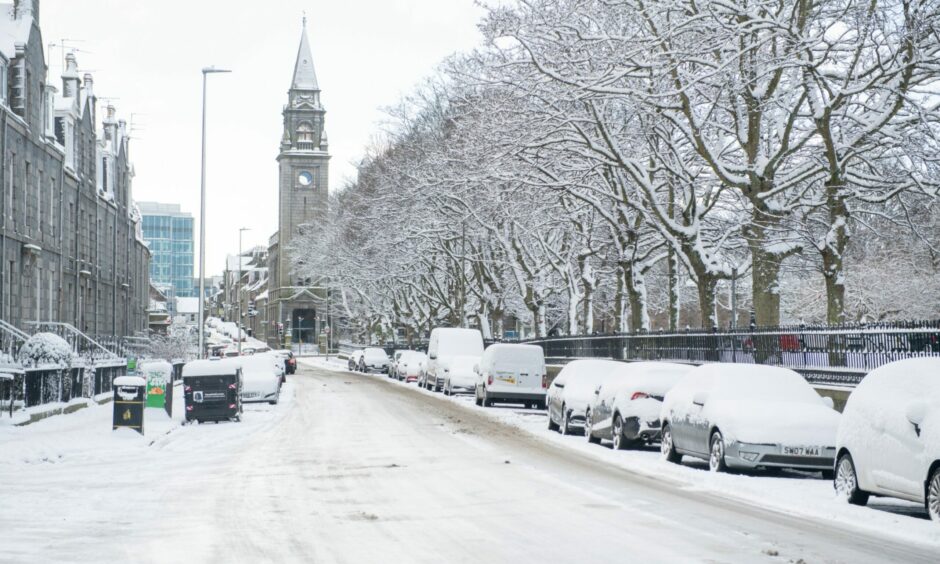
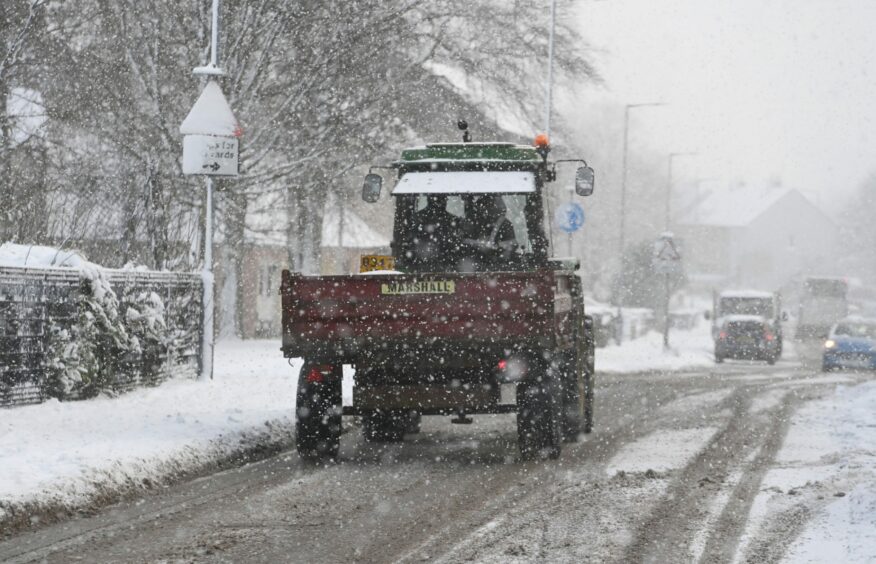
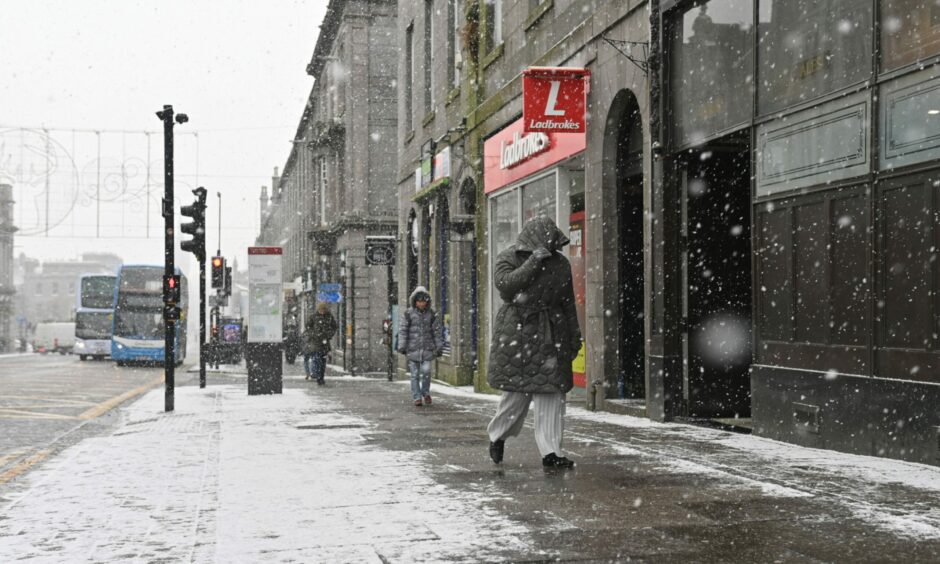
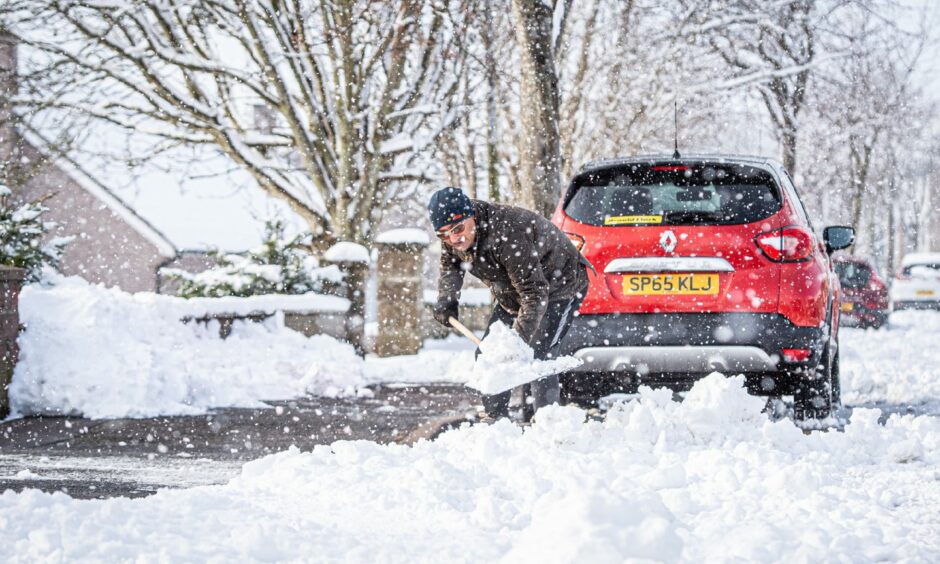
Conversation